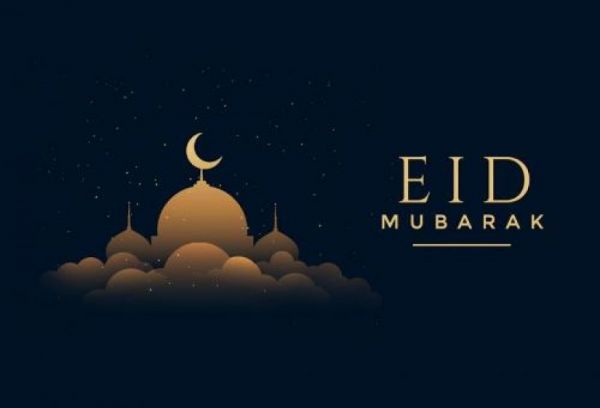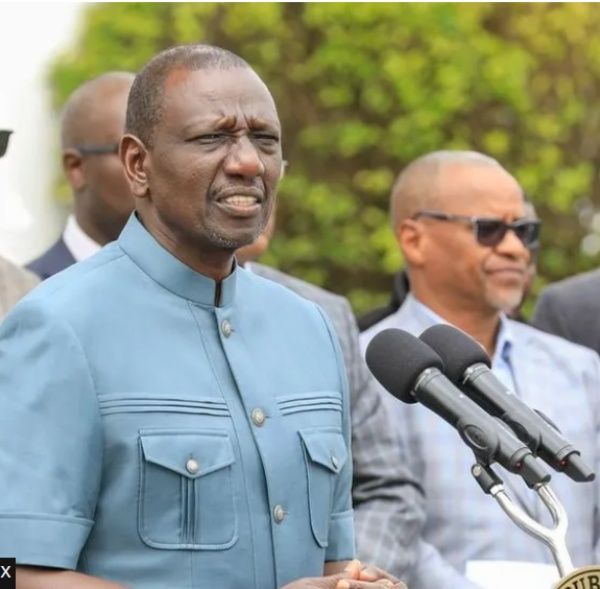
“I have slaughtered a ram every year starting from 1976 but this year I can't, I just can't.”
Like many of the estimated 100 million Muslims in Nigeria, 78-year-old Mallam Kabiru Tudun Wada is not celebrating Eid al-Adha as he normally would because of the cost-of-living crisis.
Muslims around the world traditionally slaughter a ram or another animal on Eid al-Adha, in memory of the prophet Ibrahim's willingness to sacrifice his own son when God ordered him to.
The meat is used to prepare a huge feast for the entire family, while friends and neighbours visit each other and eat the food each family has prepared.
Clerics also recommend that some of the meat be distributed to the poor and needy.
“In years gone by I could afford at least one ram but things have never been tighter,” Mr Wada told the BBC in the city of Kano, the largest city in northern Nigeria, where the vast majority of people are Muslim.
Nigeria is currently experiencing its worst economic crisis in a generation, leading to widespread hardship and anger.
Annual inflation - the average rate at which prices go up - is now over 30%, the highest figure in nearly three decades. The cost of food has risen even more - by 50%.
An average ram now sells for 100,000 naira (£50; $63) which is beyond the reach of many.
Another Nigerian, Mallam Auwal Yakasai, 66, said the only way he could afford to slaughter an animal for Eid this year was to find a friend and share the cost.
“We got a camel so the two of us can slaughter together.
“Things are so tight for many people and for some, an arrangement like this is the only way they can make the sacrifice.”
Muslim cleric Idris Garba Sokoto told the BBC that slaughtering a ram, goat or camel on Eid is one of the most beloved deeds a Muslim can perform for Allah.
“Islam traces the origin of the animal slaughtering on Eid to the prophet Ibrahim, who had a dream and was about to sacrifice his son before God intervened with a ram which he slaughtered instead. Since then it has become a religious practice.”
“For cows and camels, up to seven persons can put money together, buy and slaughter together - Islam permits that,” the cleric said.




